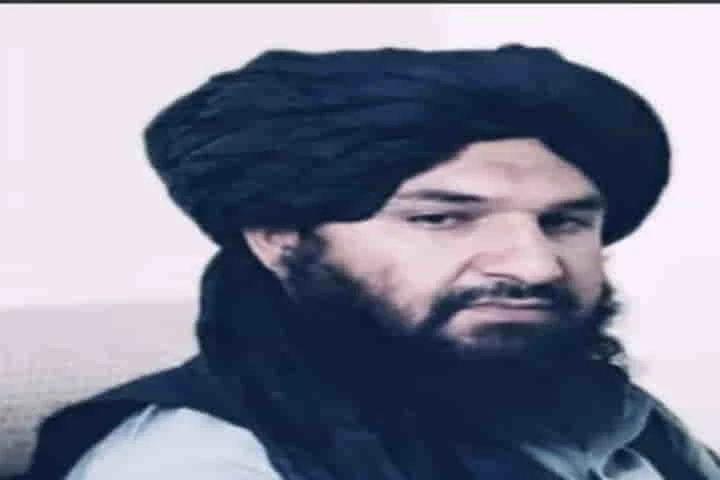In a daring attack on the high security military hospital in Kabul, the suicide bombers of the Islamic State of Khorasan (ISIS-K) killed the Taliban military chief for Kabul, Mullah Qari Hamdullah Mukhlis, and commander of the group’s elite Badri Brigade.
Hamdullah was a senior leader of the dreaded terrorist organisation Haqqani Network, which is headed by Sirajuddin Haqqani, Taliban’s interior minister. The Badri brigade headed by Hamdullah was given the responsibility of security in Kabul. Hamdullah was one of the first senior Taliban commanders to enter the abandoned presidential palace when Kabul fell on the late night of August 14.
Hamdullah Mukhlis, who was the first Taliban commander sat on President's chair when Kabul fell, killed yesterday in ISIS-K attack pic.twitter.com/6p6vX7jqHT
— Aaron (@j_oothan) November 3, 2021
The attack on the Kabul hospital was spearheaded by a suicide bomber on a motorcycle who blew himself up at the entrance of the hospital.
The Taliban's bitter rival, the ISIS-K, claimed responsibility for the gun and bomb assault in the heart of the capital and said in a statement on its Telegram channels that “five Islamic State group fighters carried out simultaneous coordinated attacks” on the sprawling site.
The Taliban military chief for Kabul, Qari Hamdullah, and commander of Badri Brigade (special forces), was killed in today’s attack in Kabul. He was an HQN senior commander who previously served as the Taliban shadow governor for Paktika and Khost provinces. pic.twitter.com/J5tLsYqa7V
— Abd. Sayed ترمذی سادات (@abdsayedd) November 2, 2021
“Qari Hamdullah was the charismatic face of the Haqaanis who was the chief military strategist of Sirajudin Haqqani. ISIS-K has now succeeded in its first high value target by killing him. The fallout need to be watched closely in the coming days, weeks and months,” says Afghan journalist Bilal Sarwary in his post on Twitter.
#AFG ISIS-K has now succeeded in its first high value target by killing Taliban’s most senior charismatic leader. This must have scared the hell out of the Taliban leadership. The following events needs to be watched closely in the coming days, weeks and months. pic.twitter.com/Mrw7p5512A
— BILAL SARWARY (@bsarwary) November 3, 2021
Since August 15, ISIS-K has waged a deadly spate of suicide attacks and targeted bombings across Afghanistan and claimed dozens of lives. Their assaults have targeted the Taliban and with a series of suicide bombings, the group has emerged as the biggest threat to Taliban control of Afghanistan.
A report published in the Wall Street Journal on Monday says that fearing revenge killings by the Taliban, former members of Afghanistan’s US-trained intelligence service and elite military units have joined the ISIS-K.
“These new recruits bring to Islamic State critical expertise in intelligence-gathering and warfare techniques, potentially strengthening the extremist organisation’s ability to contest Taliban supremacy,” the report warned.
Although both ISIS-K and the Taliban are hardline Sunni Islamist militant groups, they have sharp differences over religion and strategy and fought for years. The Taliban mostly follow the Hanafi school of Sunni Islam, believe in an Afghan nation-state and say they seek good relations with all countries. Islamic State follows the more rigid Salafi Islamic tradition, considers Shiites to be apostates who should be physically exterminated, and seeks to establish a world-wide Islamic caliphate through military conquest.
"Our first target is to destroy Pakistan because the main reason for everything in Afghanistan is Pakistan. The Taliban were earlier saying that they control 80 percent of the country, but they were not implementing Islamic rulings. That's why we stood up when we started (ISIS-K) in this area," knewz quoted Nazifullah, a member of ISIS-K as saying.
Also Read: Over 40 businessmen abducted as Haqqanis turn Kabul into a kidnapping hub




















